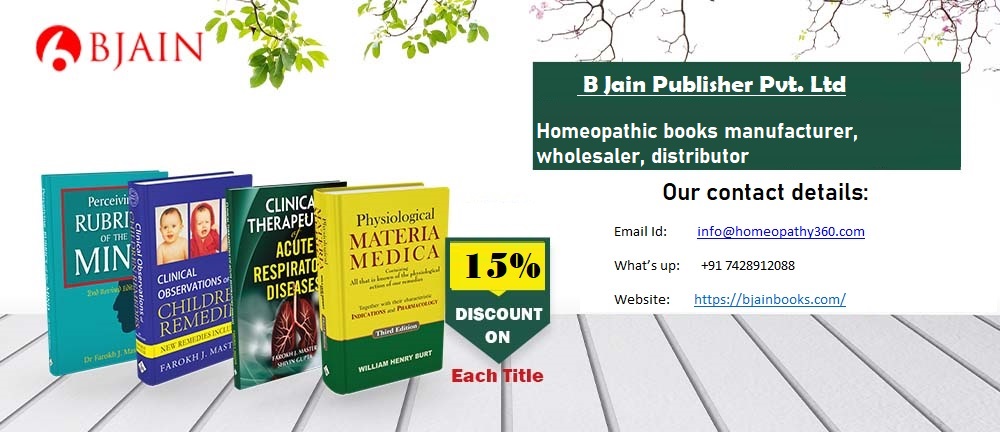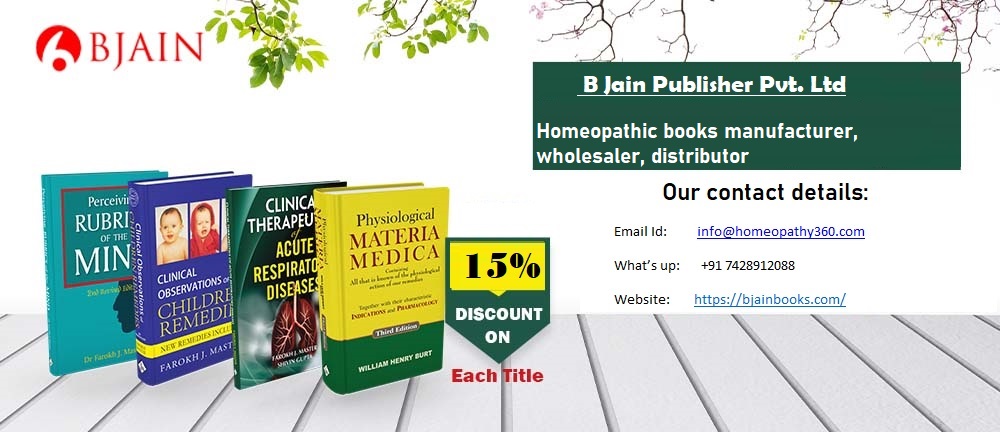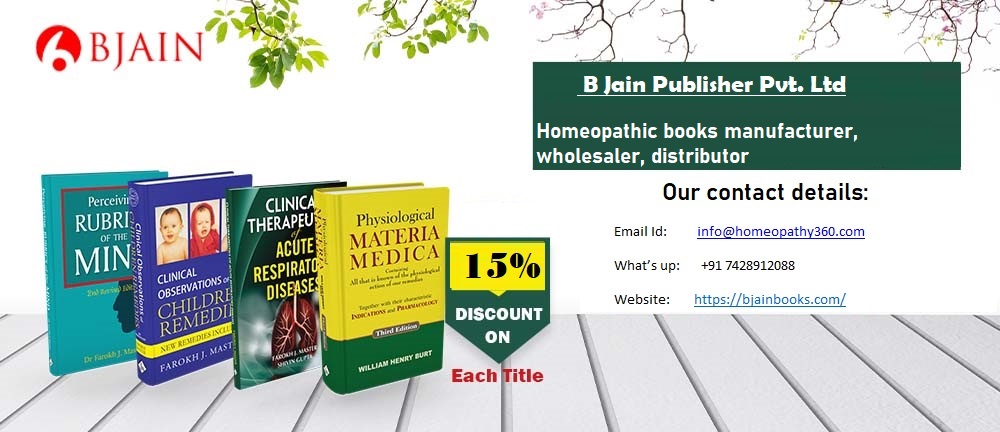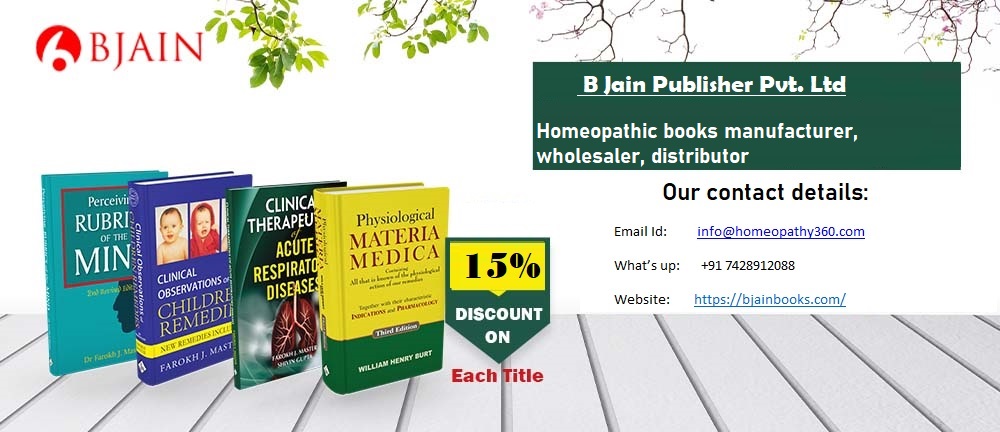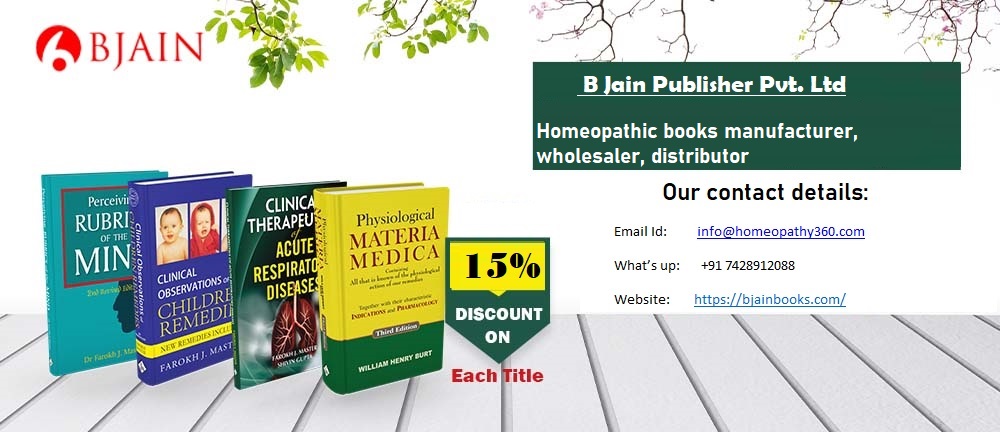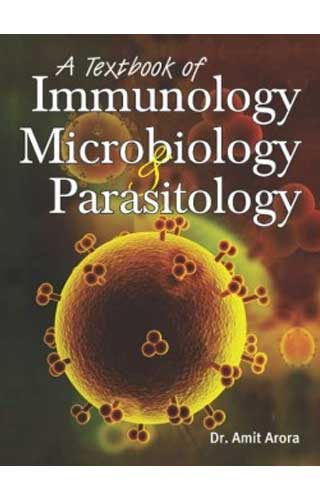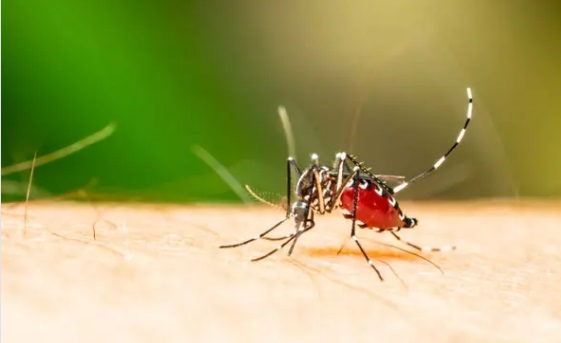
Dengue is a most common “Mandatory Notifiable”, re-emerging global health concern. It is caused due to a virus , named ‘flavivirus’ ( group B arbovirus) .Flavivirus has four genotypes - DEN1, DEN2, DEN3, DEN4.
Epidemics are generally caused by the DEN2 variant.
The virus causes a varying range of symptoms, ranging from mild, non specific viral syndrome to fatal, haemorrhagic diseases.
In India :- there are a total 31 states and UT endemic of dengue covering a population of about 1200 million at risk. The disease is spreading with speed to newer geographical areas.
The virus “flavivirus” was first discovered by Sabin, in 1945. He isolated the virus from the ill soldiers.
Immunity :- a person acquires immunity against a particular variant of flavivirus after its first encounter. That means, a person can have a maximum of dengue episodes in his life, after which he becomes immune to all variants of flavivirus.
Reservoir :- infected HUMAN
Incubation period :- 4-7 days
Transmission :- through VECTOR, i.e, bite of an infected female mosquito - Aedes aegypti, less often through Aedes albopictus. The mosquito becomes infected after biting an infected human. Infected mosquitoes can infect healthy humans after 8-10 days of being infected. Once a mosquito becomes infected it remains infected for his whole life. Vertical transmission occurs in mosquitoes, due to which the virus keeps transferred from generation to generation of an infected female Aedes mosquito.
Season favoured :- peak incidence is observed from mid- August to November
Factors favouring DENGUE :-
Poor public health facilities.
Poor waste management, especially solid waste including plastic cups, containers, etc., favouring mosquito breeding.
Lack of mosquito control measures.
Migration of people across the country and states.
Lack of awareness among mass and unhygienic practices.
Clinical features :-
High fever, with Chills (102 - 104oF )
Headache.
Rash, typically begins on Day 3 and persists 2-3 days
Arthralgia, myalgia
Retro orbital pains
Swollen glands.
Nausea.
Vomiting.
Lab surveillance :- the government of India recommends use of ELISA based “antigen detection test - NS1” for diagnosing cases from first day onwards to 5th day of onset of fever and antibody detection test - IgM capture ELISA for diagnosing after 5th day of onset of symptom for confirmation of dengue.
Management of dengue :-
Management of patient with dengue - along with therapeutic intervention, supportive care is also required to combat blood volume loss in haemorrhagic cases. Regular check on complete blood count is must for early management.
Vector management - covering bins, open sewage; weekly changing water of coolers, flower pots, etc, where water may stagnate and allow mosquito breeding.
Personal protection by wearing full sleeves clothes, using mosquito nests, repellents, insecticides, etc.
{ Reference - Textbook of Community Medicine, by Sunder Lal, Adarsh, Pankaj, Find this book here - https://www.bjainbooks.com/inr/product-detail/textbook-of-community-medicine }
Suggested book for further read on the topic -
Textbook Of Immunology, Microbiology And Parasitology by Dr. Amit Arora, Find this book here - https://www.bjainbooks.com/inr/product-detail/textbook-of-immunology-microbiology-and-parasitology ,
Community Medicine: Preventive & Social Medicine (Q And A), by Balaram Jana, Find this book here- https://www.bjainbooks.com/product-detail/community-medicine-preventive-social-medicine-q-and-a-
Recent Blog
Related Products
0 Comments

